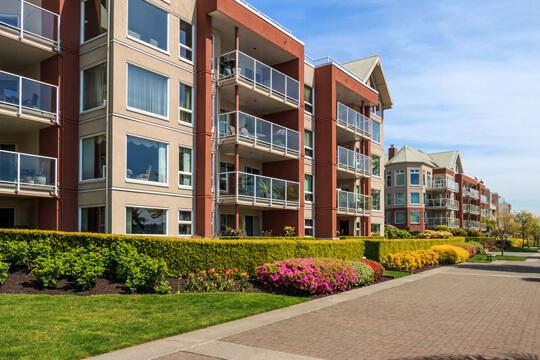Extra Payments in Residential Communities for Renovation Works

Extra Payments in Residential Communities for Renovation Works
Payments in residential communities refer to extraordinary financial contributions that property owners must make to cover unforeseen common expenses not included in the community's regular budget. Renovation works often constitute a common reason for implementing extra payments, as they may necessitate a substantial amount of money that was not accounted for in the annual budget.
Here are some general considerations regarding payments for renovation works in residential communities:
- Owners' Meeting Call:
The decision to carry out renovation works and apply an extraordinary assessment usually requires calling a meeting of owners. In this meeting, matters related to the works, such as their necessity, the scope of the tasks, and the approval of the assessment, are discussed and voted on.
- Detailed Budget:
Before the meeting, obtaining a detailed budget for the works is essential. This budget should include costs for materials, labor, professional fees, and any other associated expenses. Presenting a detailed budget helps owners understand the magnitude of the required investment.
- Majority of Votes:
In many cases, the decision to proceed with works and apply an assessment requires a majority vote at the owners' meeting. The law and the community's statutes typically establish the percentage needed to approve such decisions.
- Transparent Communication:
Transparency in communication is crucial. The reasons behind the works, the benefits they will bring, and why the assessment is needed should be clearly explained. This communication can be done through circulars, informative meetings, or any other means that facilitate understanding by the owners.
- Payment Deadlines:
The owners' meeting can establish deadlines for the payment of the assessment. Depending on the total amount and the urgency of the works, these deadlines can be more flexible or tighter. Setting clear deadlines helps owners prepare financially.
- Financing Alternatives:
Instead of imposing an immediate financial burden on owners, some communities may explore external financing options, such as loans or lines of credit. This is done cautiously, as it involves paying interest and can affect the community's long-term finances.
- Adjustment of Quotas:
If improvement works increase the value of properties, the owners' meeting may justify an adjustment in the participation quotas of each owner. This adjustment is made to reflect the proportional contribution to the increase in property value.
It is essential to follow the procedures established by the law and the community's statutes to avoid potential legal issues and ensure a fair and transparent decision-making process. Additionally, seeking advice from legal professionals or property administrators can be beneficial in this process.



